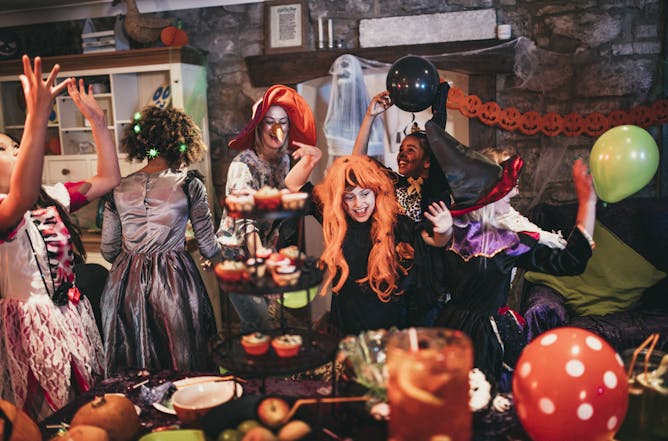
How did Halloween get associated with the spooky?
SolStock/Collection E+ via Getty Images
Tok Thompson, USC Dornsife College of Letters, Arts and Sciences
A folklorist explains how Halloween continues an ancient Celtic tradition of the celebration of the dead.
|
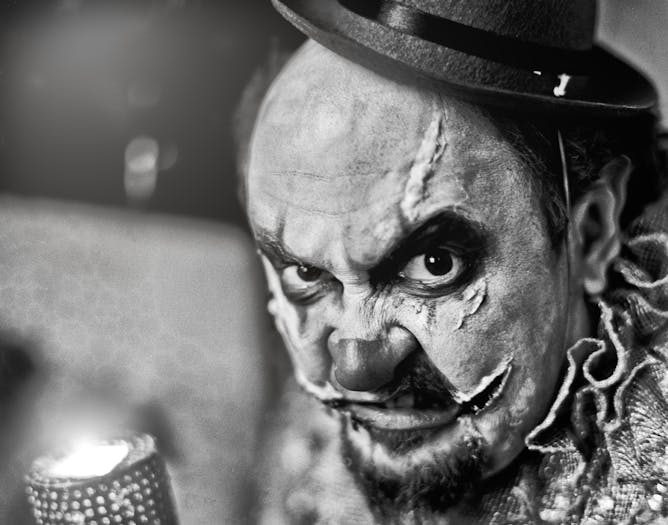
Clowns in American circuses were once considered a form of adult entertainment.
ArtMarie/E+ via Getty Images
Madeline Steiner, University of South Carolina
Today’s creepy clowns are not a divergence from tradition, but a return to it.
|
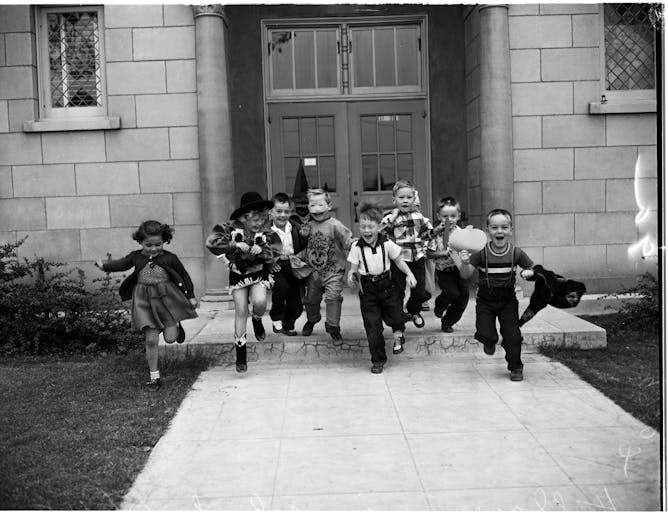
Kindergarten students in 1952 race out of school in Los Angeles, eager to celebrate Halloween.
Los Angeles Examiner/USC Libraries/Corbis via Getty Images
Linus Owens, Middlebury
From its origins as a Celtic pagan ceremony to its celebration of all things gruesome and ghoulish today, Halloween has been reinvented over the centuries.
|
|
|
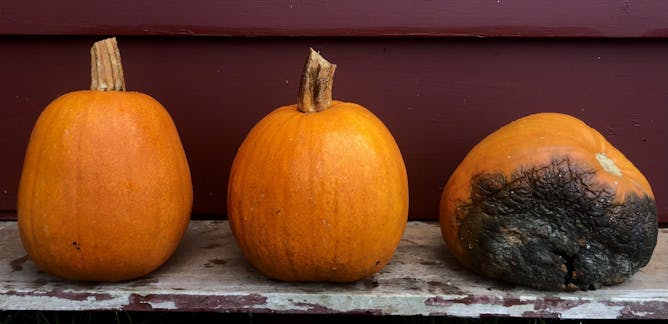
Matt Kasson, West Virginia University
Don’t let microbes and insects turn your Halloween masterpiece into a horror show before the big night.
| |
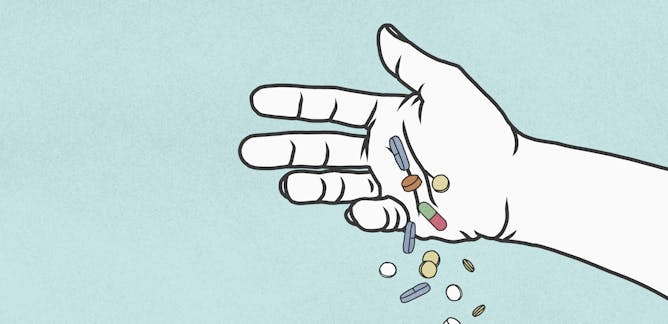
Joel Best, University of Delaware
Like clockwork, September crime news is often cast as an ominous sign of what could happen on Halloween.
|
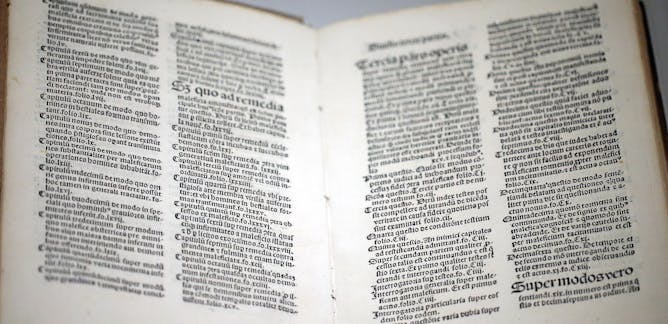
Melissa Chim, General Theological Seminary
Witch trials relied on a medieval text called the “Malleus Maleficarum” – a book this reference librarian can hold in her hands.
| |
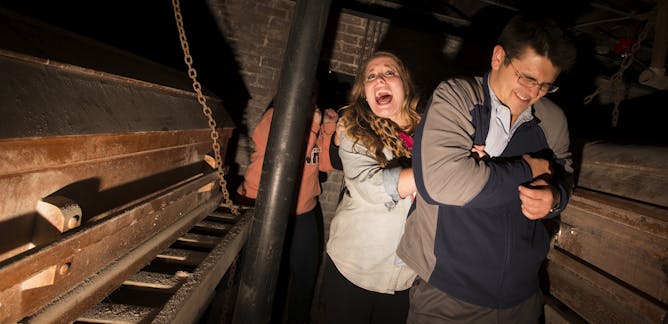
Margee Kerr, University of Pittsburgh
Visiting a haunted house or watching a horror movie can be terrifying and enjoyable at the same time. A sociologist explains the psychological benefits of being safely scared.
|
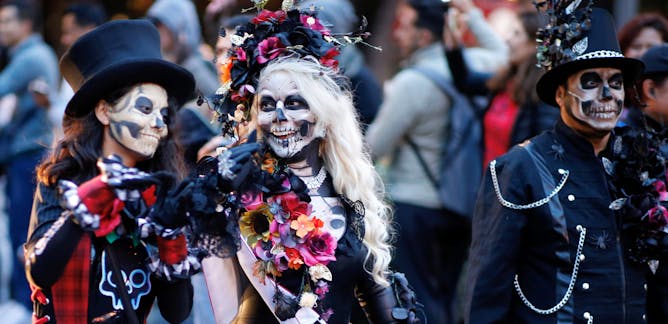
Kirby Farah, USC Dornsife College of Letters, Arts and Sciences
It may sound like a solemn affair, but the Day of the Dead – which blends indigenous and Catholic ritual – is a convivial celebration that allows Mexicans to reconnect with deceased loved ones.
| |
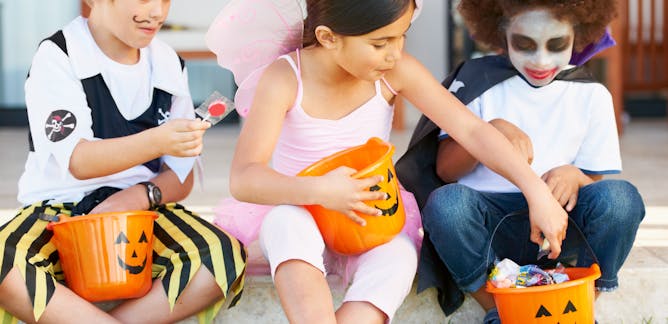
Margaret Echelbarger, University of Chicago
When deciding whether others should make trades, children may consider who likes what.
|
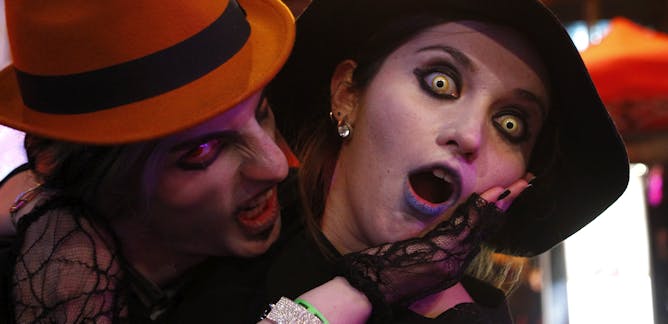
Linus Owens, Middlebury
The holiday used to be all about trick-or-treating in the neighborhood. No more – and it could something to do with the fact that traditional markers of adulthood have changed.
| |
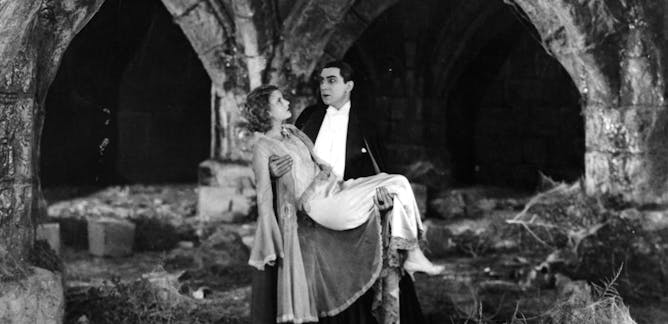
Stanley Stepanic, University of Virginia
The past century’s vampires have often been a bit dashing, even romantic. That’s not how the myth started out.
|
|
|
|
|
-
Bradley J. Irish, Arizona State University
Going out of your way to get grossed out might seem like a contradiction of human nature. But it serves a strong evolutionary purpose.
-
Mathew Sandoval, Arizona State University
A Mexican-American scholar writes that in the 1700s, Day of the Dead generated the largest annual market in Mexico City.
|
|